Bengaluru: As per the records of the health and family welfare department, Karnataka has witnessed 2,856 cases of mucormycosis with Bengaluru reporting the highest number of cases (959). Out of these, 2,316 patients are currently under treatment.
225 patients have lost their lives to the fungal infection, seen as a post-Covid complication. 72 fatalities have been recorded in Bengaluru, 22 in Kalaburagi and 18 in Dakshina Kannada.
Presently, the recovery rate is just 6.6 per cent, that is, 191 of the total cases have recovered in the state. Most of the patients are required to undergo treatment for two to three weeks.
Hospitals that treat mucormycosis have reported instances where patients had left the treatment and were not available for a follow-up. Kalaburagi witnessed the highest number of such instances. An official said, “These could be patients who got discharged and sought better care elsewhere, but we have no contact for follow up. There’s no data on people who may have been treated in more than one hospital, and it’s also not clear if their names were entered more than once in the state’s records.”
Mucormycosis has been detected in patients who have recovered from Covid-19. Some people were unaware that they were Covid positive and realised it only during the Covid antibody check when they sought medical assistance for mucormycosis.
Dr BL Sujatha Rathod, director of Minto Ophthalmic Hospital, said that the number of Covid related mucormycosis cases have come down at the hospital. The hospital has till now handled 188 cases and witnessed 59 deaths. Thirty-two patients lost their vision.
Dr Rathod said, “There are discussions about the Delta variant of SARS-CoV2 being one of the possible causes of mucormycosis. Both SARS-CoV2 and mucormycosis are angioinvasive and penetrate blood vessels, causing clots. When there is an insufficient blood supply to the tissues, it leads to necrotic tissues or dead cells. The necrotic tissues become gangrenous and the fungus feeds on them.”
High sugar levels in Covid patients and steroid use without checking or controlling their diabetes is a cause of worry.
However, Dr Pramod V Satya, an internal medicine specialist at Vikram Hospital, a branch of Manipal Hospitals said that mucormycosis can be treated efficiently if the patients seek medical assistance at the right time. The recovery time in the early stages of the disease is three weeks. Dr Satya said, “They need to undergo complete and repeated surgical removal of the infected tissue from the affected areas and take the antifungal medication in the form of Liposomal Amphotericin-B.”
Earlier, the state had faced a shortage of antifungal drug. Health department officials said that as the cases have come down now, there is no shortage of the drug and stocks are available.
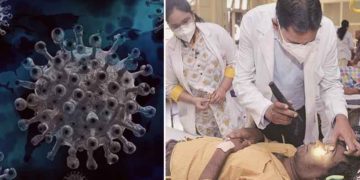













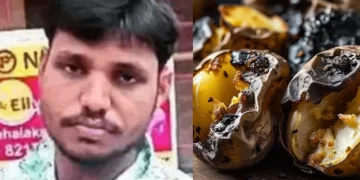

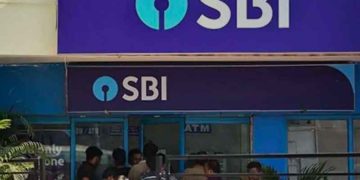

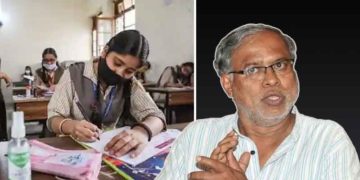

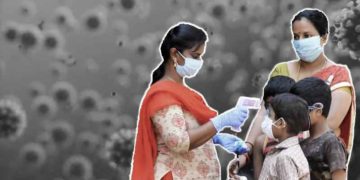
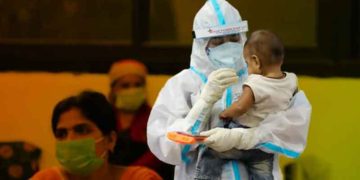
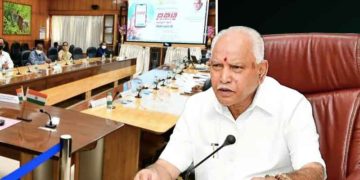
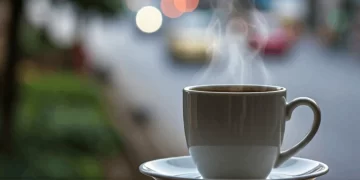



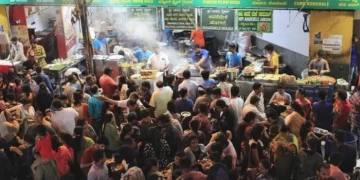





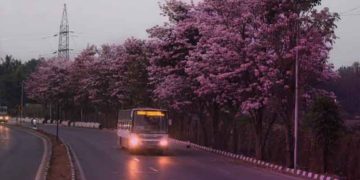
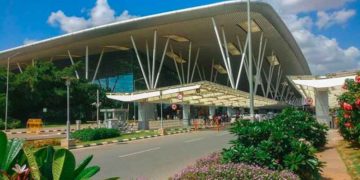


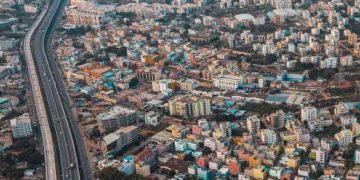









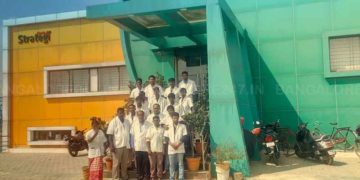

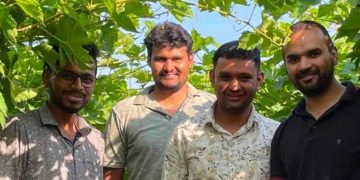






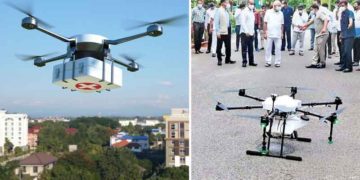
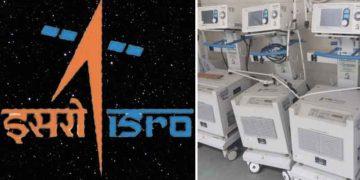
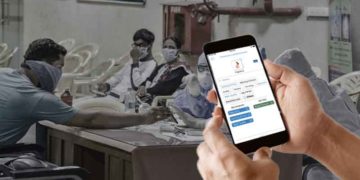


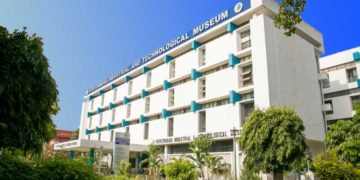
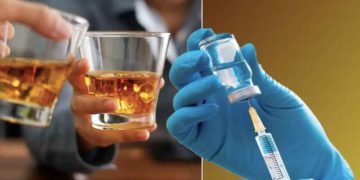

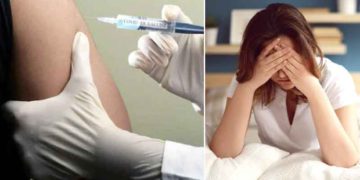
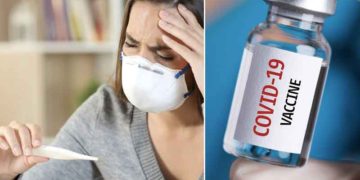
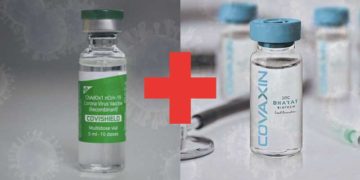
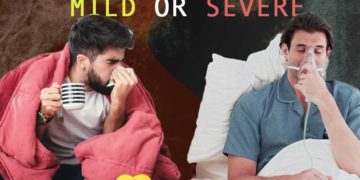
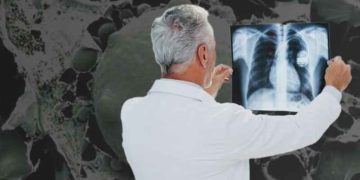
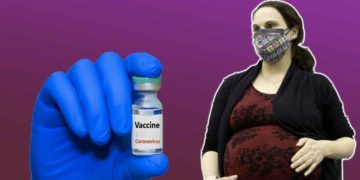

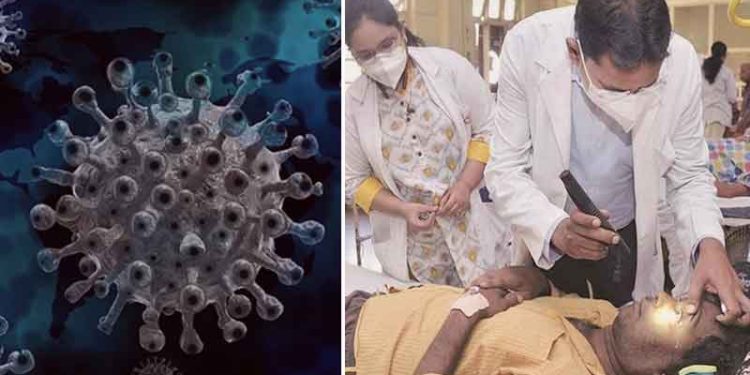

Discussion about this post